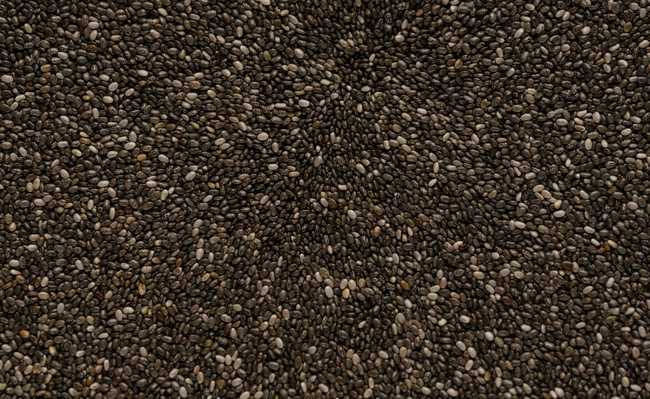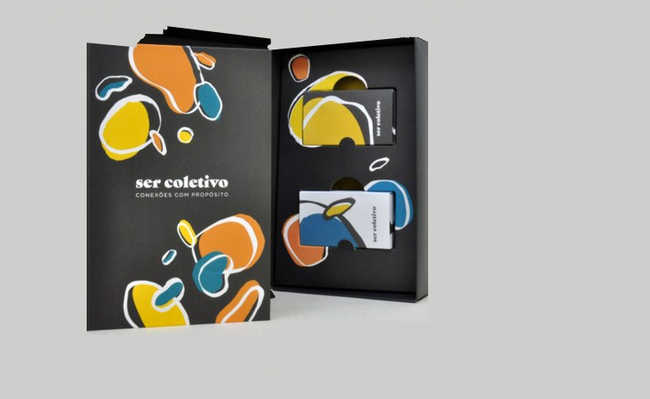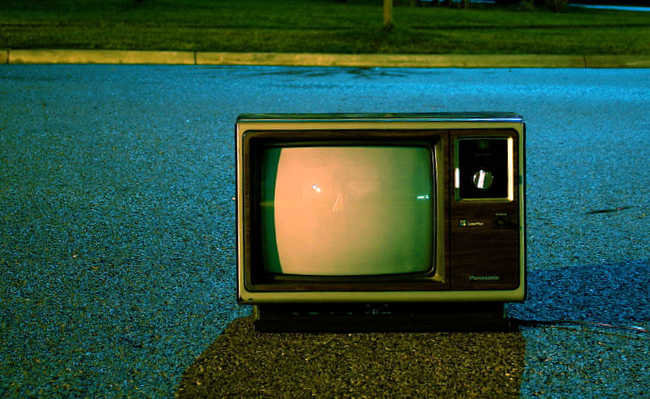Chia oil: what is it for and benefits
Chia seed oil is very good for your health and can be used as a natural cosmetic.

Edited and resized image by Joanna Kosinska is available on Unsplash
Better known as chia , the Hispanic Salvia L. is an herbaceous plant of the lamiaceae family, originally found in southern Mexico and Guatemala. Its seed has been consumed for centuries by the Andean peoples to increase physical resistance and other countless health benefits. Chia was also used in sacred rituals as an offering to the gods, which is why its cultivation was banned by Catholics and was only resumed in the 1990s by Argentine researchers. It was then that chia and its derivatives, such as chia oil, began to become popular.
- Salvia: what is it for, types and benefits
The chia oil is extracted from the seed of this plant - learn more about chia seed in the article "Benefits of chia and what it is for". The extraction of chia oil is done through a cold pressing process, which keeps all the chemical properties and nutrients found in the seed (except for the fibers).
What is chia oil for
Chia oil is very beneficial in cosmetic use for skin and hair. Vitamin A acts as an antioxidant against free radicals, preventing premature aging and, together with vitamin B3 also present, helps to reduce redness and blemishes on the skin - thanks to its anti-inflammatory effects. Copper and zinc stimulate the production of collagen and elastin, preventing wrinkles and expression marks; and omega 3 reduces the inflammatory substances that help in the production of sebum and, consequently, reduces the formation of acne.
In addition, the omega 3 present in chia oil also helps prevent baldness and alopecia. Its antioxidant effects prevent hair from fading and aging; and lysine, an amino acid present in high concentration, contributes to hair straightening. Vitamin B2 strengthens nails and hair. All these benefits are stored inside chia oil.
Chia seed oil is great source of omega 3
The omega 3 present in large amounts in chia oil is an indispensable polyunsaturated fat for our body and chia is the best vegetable source of this nutrient, surpassing even flaxseed. Among its benefits are:
- Great antioxidant action, which helps in the health of the cardiovascular and nervous system, preventing from hypertension to depression;
- Decrease in bad cholesterol and triglyceride levels;
- Increased absorption of nutrients.
Omega 3 serves as an anti-inflammatory and also helps with weight loss. Cells inflamed by eating saturated fat prevent satiety hormones (leptin and insulin) from reaching the brain and letting it know it's time to stop. The fatty acid then reverses the inflammatory process and helps in the stability of these hormones, inhibiting appetite. As the accumulation of fat is also an inflammatory process, omega 3 helps fight localized fat and cellulite. In other words, chia oil acts on the problem of weight gain and also helps in prevention. According to the book Omega 3 Oils, by Donald O. Rudin, this fat present in chia oil can play a strong role in women's reproductive health. It can relieve menstrual cramps and symptoms of premenstrual tension (PMS), increase fertility and is essential in the development of the fetus in pregnancy.
Chia oil also helps bone formation as it is a good source of calcium (it can be a good option for those who are lactose intolerant). Chia oil is also good for immunity, for preventing anemia and fatigue, for the body's strength and stamina, and more. In other words, the seed is essential for our health.
How to consume chia oil
Chia oil can be found in bottles or capsules. It can be taken orally - for example, replacing olive oil with a tablespoon of chia oil in salads, or with fruit, and even being applied directly to the skin and hair. Make sure the oil is 100% natural before using it, as some manufactured oils can contain chemicals that are harmful to the body.
discard
Remember that improper disposal of vegetable oil is not recommended due to its level of water and soil contamination. In addition to environmental risks, disposal through drains and sinks can clog pipes. Find recycling stations closest to your home.










